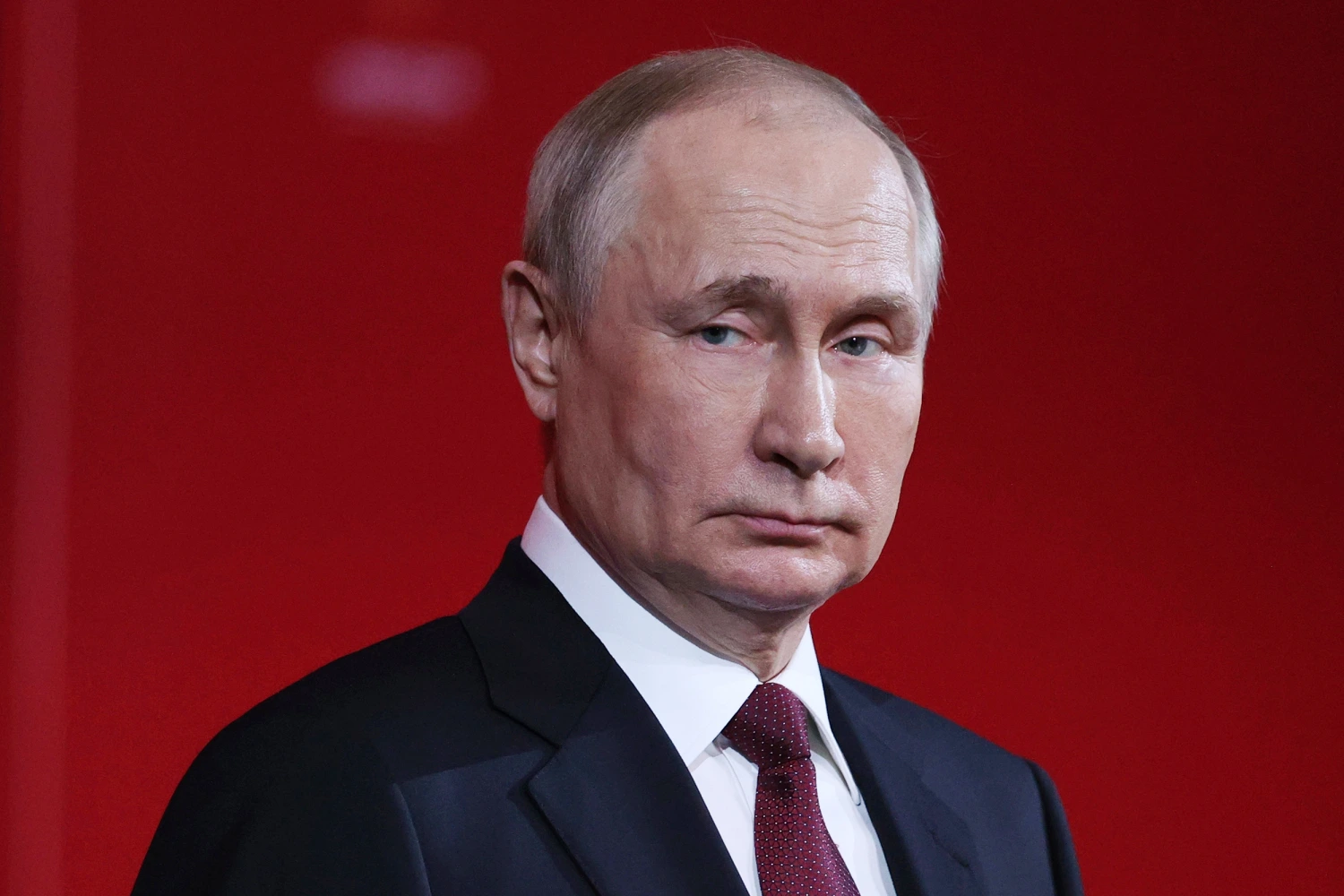President Vladimir Putin, on Friday, declared his candidacy for re-election in 2024, as reported by Russian news agencies. This move ensures the continuation of the Kremlin leader’s enduring influence well into the 2030s.
At 71 years old, Vladimir Putin has been at the helm of Russia since the start of the century, securing victory in four presidential elections and briefly occupying the role of prime minister. The political landscape has evolved into a system where opposition has become virtually non-existent.
Vladimir Putin shared his decision to join the vote with Lieutenant Colonel Artyom Zhoga, a Russian military officer, after an awards ceremony for army personnel at the Kremlin, state-run news agencies reported.
In his quest for a fifth term, analysts predict that Vladimir Putin will face minimal challengers and is likely to seek a substantial mandate to obscure internal discord surrounding the Ukraine conflict.
The outcome of a controversial constitutional reform in 2020 means Putin could remain in power until at least 2036.
Rights groups say that irregularities have marred previous elections and that independent observers will likely be barred from monitoring the upcoming vote.
Putin tightened media rules on covering the 2024 election in November, banning some independent media outlets from accessing polling stations.
The election will be held over a three-day period from March 15-17, a move that Kremlin critics have argued makes guaranteeing transparency more difficult.
Read also: Putin Touch Down UAE On Rare Foreign Trip
In preparation for the 2024 vote, five major parties have been authorized to present a candidate without the necessity of gathering signatures. Significantly, all these parties are aligned with the Kremlin and endorse the offensive in Ukraine.
Currently incarcerated, Alexei Navalny, Putin’s most notable opponent, is serving a 19-year prison sentence on charges his supporters argue are unfounded.
In a statement released through his team on Thursday, he urged Russians to cast their votes for “any other candidate” besides Putin, labeling the elections as a “parody” of the electoral process.
Since initiating its full-scale assault on Ukraine in February of last year, the Kremlin has conducted a widespread crackdown on dissent, a move that rights groups have compared to the tactics employed during the Soviet era.
Thousands of people have been detained and imprisoned for protests, and many thousands more have fled the country in fear of being called up to fight.
The Ukraine offensive has made the Kremlin chief a pariah among Western leaders and his country has been hit by unprecedented sanctions designed to curb its funding for the conflict.
Even with the initial departure of Western companies and industry turbulence prompted by sanctions, the Russian economy has proven resilient, and Putin’s domestic approval ratings have remained high.
Moscow has strategically redirected a significant portion of its energy exports to Asian clients, notably China, allowing for a consistent financial inflow to support the offensive, now in its 22nd month.
Putin is believed to have gauged a resurgence in fortunes as analysts point to eroding Western support for Ukraine and Kyiv’s counter-offensive finding it challenging to breach heavily fortified Russian lines.
To encourage higher turnout in the last presidential election in 2018, where Putin achieved a landslide victory in every region, officials portrayed the vote as a significant battle against Western values.
The Kremlin appears to be using the same strategy in the current situation, categorizing the “international LGBT movement” as extremist in recent weeks, as part of a wider culture war with the West.

